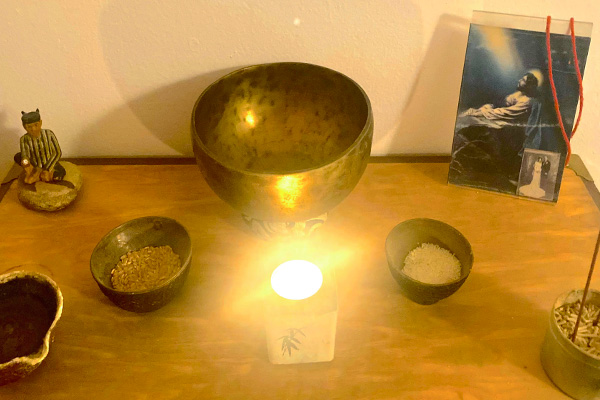LET’S PLAY CONCENTRATION –
Feb. 28, 2022 – “Rather than getting caught up in the pain or craving,” Garland explained, “we teach people how to step back and observe that experience from the perspective of an objective witness. When they can do that, people begin to recognize that who they truly are is bigger than any one thought or sensation. They are not defined by their experiences of pain or craving; their true nature is something more.”
Garland is the associate dean for research at the University of Utah College of Social Work and directs the Center on Mindfulness and Integrative Health Intervention Development. He is a leader in the academic field of mindfulness research.
He said that the data from the study definitively shows that this therapy is effective for chronic pain and opioid misuse. They expected the therapy to prove helpful, but Garland said he was surprised by how powerful the effect of the therapy was on the individuals in the trial.
Garland said that the effects of Mindfulness-Oriented Recovery Enhancement appear to get stronger over time, which could be attributed to people integrating the mindfulness skills they learn into their lives or their brains restructuring how they process rewards so they value healthy rewards more.



